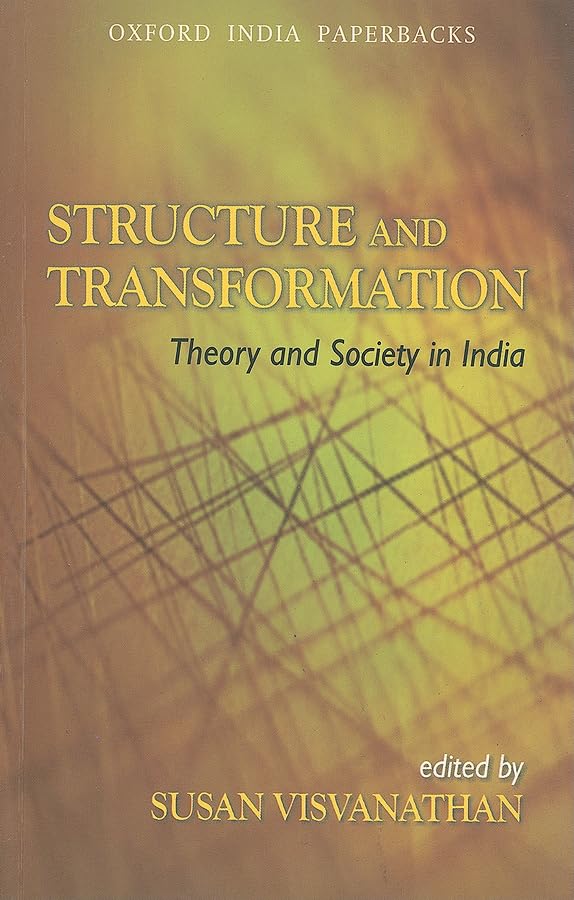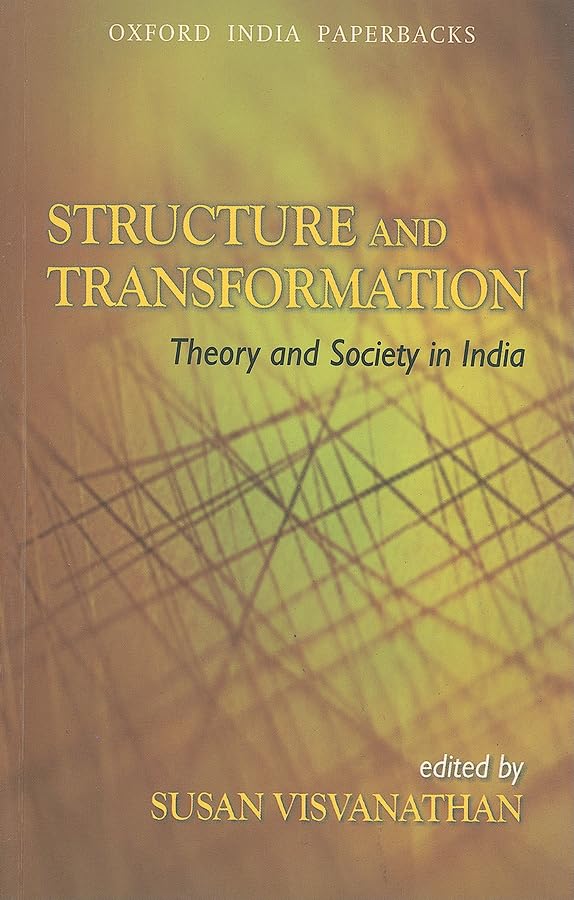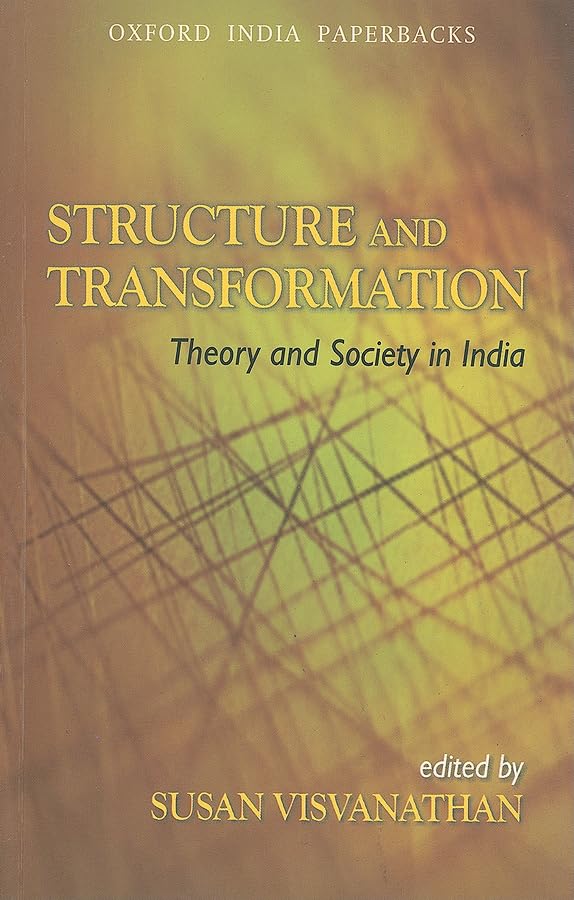STRUCTURE AND TRANSFORMATION (OIP)
STRUCTURE AND TRANSFORMATION (OIP) is backordered and will ship as soon as it is back in stock.
Couldn't load pickup availability
Genuine Products Guarantee
Genuine Products Guarantee
We guarantee 100% genuine products, and if proven otherwise, we will compensate you with 10 times the product's cost.
Delivery and Shipping
Delivery and Shipping
Products are generally ready for dispatch within 1 day and typically reach you in 3 to 5 days.
Book Details
-
Author: Susan Visvanathan
-
Publisher: Oxford University Press
-
Edition: 1st Edition
-
Binding: Paperback
-
Number of Pages: 219
-
Release Date: 18th June 2009
-
ISBN: 9780198062783
-
Languages: English
-
Package Dimensions: 8.5 x 5.5 x 0.7 inches
About The Book
Tribal, Peasant, and Industrial Sociology in India by Susan Visvanathan offers an insightful analysis of urbanization, industrialization, and social stratification in India. This 219-page paperback edition, published on 18th June 2009, brings together a rich collection of theoretical and empirical debates that examine modernity, tradition, and the intricacies of India's social structures.
Through a series of essays, Visvanathan and contributors critique the conventional typologies of tribal, peasant, and industrial societies, emphasizing the limitations of Western sociological frameworks when applied to India. By challenging the standard assumptions of "primitive" versus "modern" and dismantling the First, Second, and Third World categorization, the book presents an innovative perspective on globalization.
The essays provide an invaluable understanding of issues related to tribe, caste, gender, and labor in India, reshaping how we view contemporary Indian society. In the new Preface, Visvanathan contextualizes these themes against the backdrop of current socio-political developments, offering fresh insights into the evolving discourse in sociology.
Ideal for students and educators in sociology, anthropology, and social sciences, this book is also an essential resource for administrators, social workers, journalists, and anyone keen to explore the dynamic forces shaping modern India.





